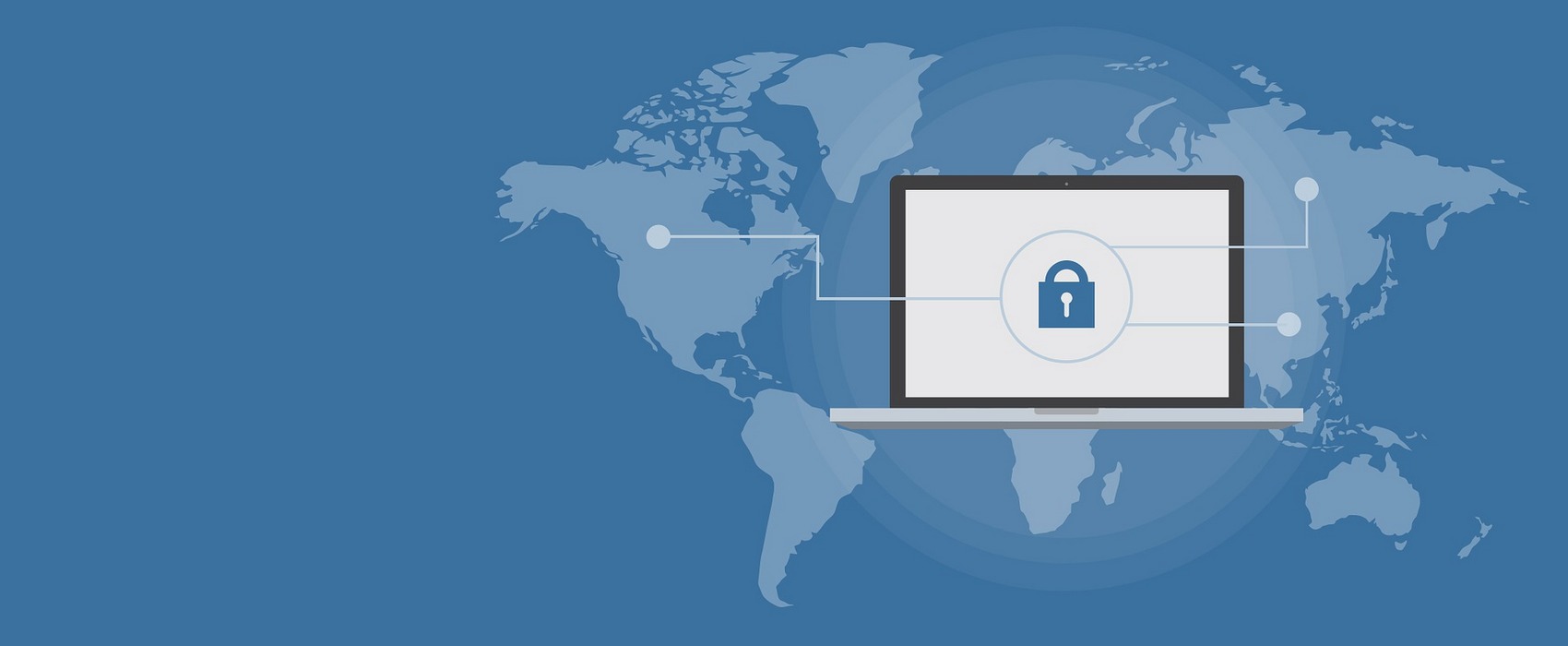The Internet is a unique reality of our time with you. This is a limitless world of information, where there are not only entertainment and game portals, but also a lot of useful information for study. Here you can communicate with your friends online, you can find new friends, join communities of interest. The information that quickly meets your daily needs is the Internet.
Why are the police forced to warn about the dangers of the virtual world, if there are so many good and useful things in it?
A fairly large part of Internet users are not looking for friends on the Internet, but their victims.
The fact is that unscrupulous citizens – scammers, drug dealers, other criminals, asocial and mentally unhealthy people – have assessed the possibilities of the Internet in their own way. After all, it is the World Wide Web that enables criminals to act anonymously.
Therefore, unsafe behavior on the Internet can harm both you and your family and friends. Keeping yourself safe isn’t all that difficult – just take cybersecurity seriously and follow simple rules.
THREE most general rules that in our information age should become your companions for life:
1. PASSWORDS (house key)
Always use individual and complex passwords consisting of letters, numbers and special characters. Eliminate the use of default passwords, do not save passwords in your gadgets and browsers. Why are we talking about this in the first place? Statistics show that people pay little attention to password policy.
For the third year in a row, the most popular password in the world is “123456”. It will not be difficult for an attacker to find such a password for your portals and personal data.
Change passwords regularly to keep them confidential each time. This is your biggest secret, like the key to the front door to your home.
Rule one: “The key to the house must be secret, reliable, and only yours, personal.”

2. VIRUSES and ANTI-VIRUSES (“wash hands with soap and water”)
Any computer or gadget can be damaged by malware (or viruses). They can copy, damage or destroy important information, track your actions and even steal funds from your account. Programs “Worms”, “Trojans”, “Spies” – their many varieties and beautiful names, but the essence is the same – all these are harmful viruses!
To protect your computer, special protective programs and filters are installed on it. You can use only licensed software with the latest updates.
All updates must be installed as soon as they become available. Do not allow your antivirus to expire.
Do not download software products from dubious sources (file-sharing networks and torrents). Do not open or save suspicious files – delete immediately. Do not reply to mailings you do not understand.
And most importantly, do not visit resources with a dubious reputation that make you (or your antivirus program) suspicious of any kind. In doubt – do not press “yes” or “ENTER”.
Here you can draw a simple parallel – stay away from viruses, wash your hands regularly, with good and high-quality soap. In case of any doubtful situation: “We wash our hands with soap, we do not touch viruses.”
3. PERSONALIZATION (documents in the safe)
Do not give anyone your confidential data (login, password), birth certificate, passport data, address and registration, and even your photos. These digital footprints, if created, can drag on for your entire life. They can harm you on the way to achieving your goal. Ignore such requests on the Internet.
It turns out strange – at home and at work we keep our documents in a safe, close them with a key. We understand their importance. And then, upon an unverified request, we open the safe, take out documents, take pictures and send them through resources on the Internet. It is even difficult to predict the number of persons who can access such messages.
